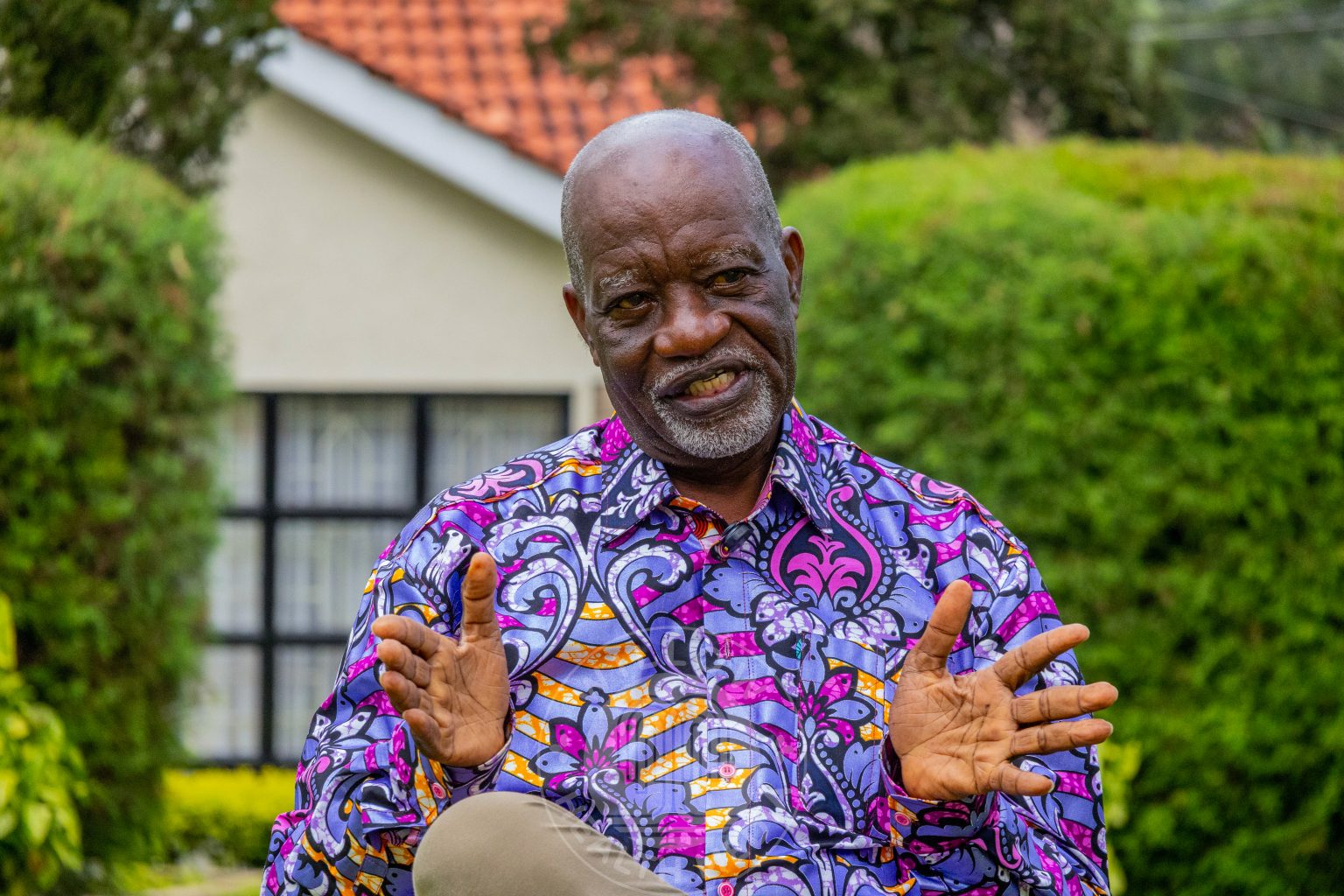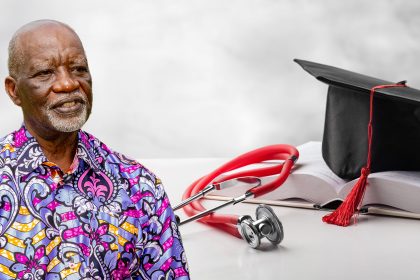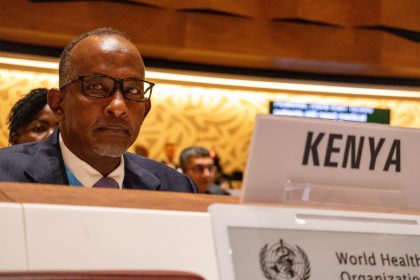The Ministry of Health also sent obstetricians to Mathari, a Psychiatric hospital, and we wondered, “Is it the patients who are fertile or the staff?”
Prof Khama Rogo, the renowned public health expert, believes the problems bedevilling Kenya and Africa’s public health sector have little to do with budgetary allocations, but rather, baffling inefficiency, wastage, lethargy and graft.
Here is how, in the professor’s books, the non-budgetary foolishness is killing Kenya’s health sector and what better way to shine the torch on the swamp through the comedy of errors at the Kenyatta National Hospital (KNH) in Nairobi.
KNH, explains Prof Rogo, swarms with hundreds of medical officers from the counties who are there for their postgraduate (master’s) studies.
This, he says, looks fine until “you realise the counties are paying salaries to doctors who are being underutilised in KNH and for an unknown period of time”.
Mandera has 39 doctors in training in KNH, and in the county, there are fewer than 10 doctors and a huge wage bill,” he illustrates.
KNH has 57 gynaecologists but only two theatres
Of the 600 consultants in KNH, 50 per cent are from the university, with the fees being paid by the Ministry of Health.
Again, this might sound terrific until the good professor tells us the humongous facility has 57 gynaecologists but only two theatres, meaning the fellows can only do two weeks’ surgeries in a year!
These were the findings of a task force Prof Rogo chaired, but which a court of law declared illegal.
In July 2024, President William Ruto appointed him to head the 20-member task force to audit Kenya’s health human resources, to identify the legal, policy, administrative and operational constraints impeding the performance of the health sector with regard to human resources.
But in February 2025, Justice Bahati Mwamuye ruled that the task force was illegally constituted and its recommendations [which, hopefully, would have drained the unhealthy swamp] could not be implemented. This, after the task force submitted its findings to the president.
If you want to thrive in Kenya, get posted to KNH, then do your thing
In the matter filed by the Law Society of Kenya, the judge held that the task force duplicated an earlier one set up in 2023 with a similar mandate.
Back to the underused doctors at KNH, he says: “This is why everybody is running their private clinic. If you want to thrive and do well in Kenya, get posted to KNH and do your thing”.
Things get farcical. The task force found two obstetricians posted to the hospital’s Spinal Injury Unit by the Ministry of Health. “Is it the patients who are fertile or the staff?” we asked. Mathari, a psychiatric hospital, they found, had its share of obstetricians, too!
You would think the KNH management is thankful that the free labour frees it to build more wards, replace tattered linen and have no patients sharing beds, if not sleeping on the floor.
On the contrary, Prof Rogo couldn’t believe his ears when the hospital’s management submitted to his task force that, as a parastatal, it needed billions of shillings to employ more doctors. Never mind the counties, and the University of Nairobi provide it with a thousand medics for free.
KUTRRH facilities are better than the Presbyterian Hospital’s in New York
Then there were the strange happenings at the Kenyatta University Teaching, Referral and Research Hospital, KUTRRH. Prof Rogo was a consultant and had recommended that running the Chinese-built turnkey hospital be contracted to private management, with the university doctors providing labour.
Repaying the Chinese loan wouldn’t have cost Kenya a penny if the hospital was run well, “but they chose the common African path, solutions that don’t help people who cannot afford services,” says Prof Rogo.
“I told them [government] to let the university use it as a teaching hospital and set the standards. The facilities were better than the Presbyterian Hospital’s in New York,” recalls the professor.
The recommendations were taken to President Uhuru Kenyatta, but certain forces “were more powerful,” he says.
KU Hospital would have forced Nairobi and Aga Khan to slash charges
Eventually, the Ministry of Health yanked the institution’s ownership from the Ministry of Education, kicking the university out of the hospital. Now, just like KNH, it runs as a parastatal under the Ministry of Health.
“They cut the university out of the hospital and started employing consultants. So the university lecturers are serving in Kiambu hospital while the [university’s] specialists can do nothing there, but the hospital (KUTRRH) is advertising for their jobs,” says Prof Rogo.
According to the professor, the services that the well-equipped KU Hospital would have offered at reduced rates would have forced Nairobi and Aga Khan hospitals to slash their charges to the benefit of Kenyans. Another wasted opportunity.
The Doctor Who Transformed Women’s Health in Africa | Part 1
This in-depth interview journeys through Prof Khama Rogo’s life, from his childhood to medical training at the University of Nairobi in Kenya’s early years of independence, to becoming a leading voice in women’s cancers, reproductive health and global health systems.
Prof Khama Rogo: Inside Kenya’s Medical Training Chaos | Part 2
Kenya’s MMed programme pulls doctors from counties, leaving them understaffed.
Prof Khama Rogo says training should happen where services are needed.
Politicised medical school growth is diluting quality and worsening the crisis.
























